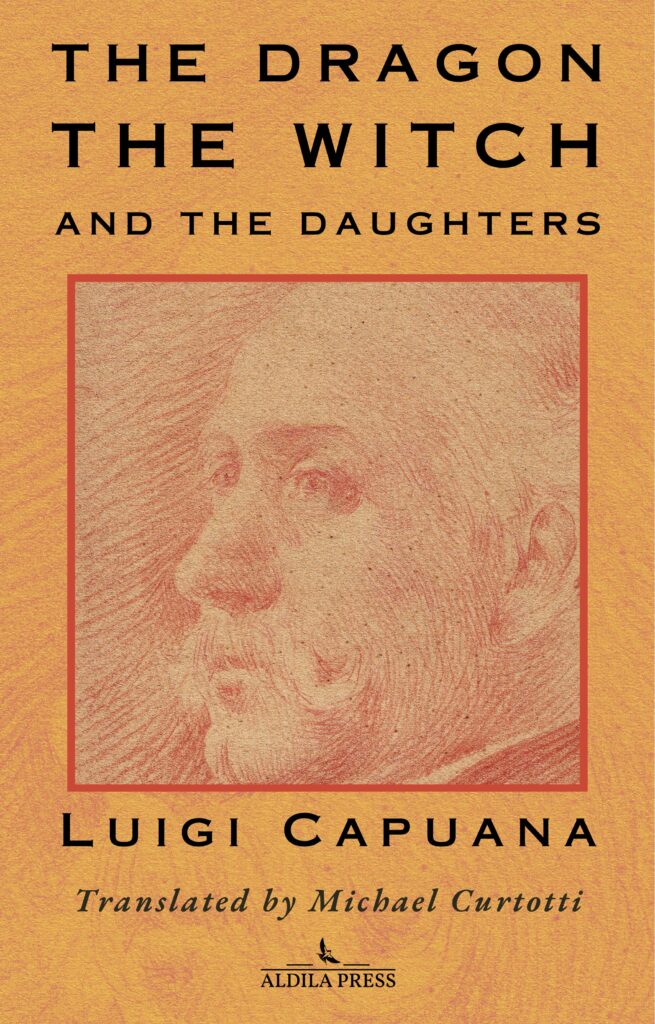Luigi Capuana’s, The Dragon the Witch and the Daughters
A classic short story from a master of Italian verismo translated by Michael Curtotti

- Antonio Ghislanzoni, The Countess of Karolystria (English-Italian Parallel Edition)
- Luigi Capuana’s, The Dragon the Witch and the Daughters
From a master of Italian verismo comes a classic short story , but with a twist. As characters come into conflict with each other, and “the Dragon” with himself, Capuana weaves together the grimness of real life with threads of subtle fairytale.
For the first time translated into English by Michael Curtotti, The Dragon the Witch and the Daughters, transports us into the life of a nineteenth century village. Don Paolo Drago, “dragon by name, dragon by nature,” appears to dominate this world, yet he barely controls his own thoughts and feelings. Despite himself, he is drawn into the destiny of two orphans.
Yet tragedy stalks the life of Don Paolo. His own daughters and wife are dead and long buried in the grave. Like a living ghost, he waits for death, carrying on a wretched existence. His bitterness is his one defense, in a world full of emptiness. Yet the arrival of the orphans challenges everything he has believed.
Could his daughters really return from the grave?
In praise of the author:
“ … the iconic representative in Italy of the art of Zola or the natural …” Luigi Pirandello (winner of the Nobel Prize in Literature)
“… a leader of the verismo movement … [who] himself rebelled [against it]” Hilda Norman
“… an erudite researcher and collector of tales …” Gina Miele
A Glimpse of Sicily in the 1800s
The story lulls you into thinking it will be a traditional fairytale, and while you are waiting for the familiar tropes and twists, you get a realistic glimpse into daily life in a small Sicilian village. From how meals were prepared, to the expectations of children, especially young girls, to fulfill a societal role all the way to the petty jealousies and politics of a village where everyone knows everyone and there is no way to be anonymous or make a fresh start, without your past shadowing you. The author lived under that system and he apparently sought a type of redemption for his own treatment of biological children as orphans. It's a short read and it will take you back in time - if you wish to spend a few hours in 1800s Sicily, this story will take you there.